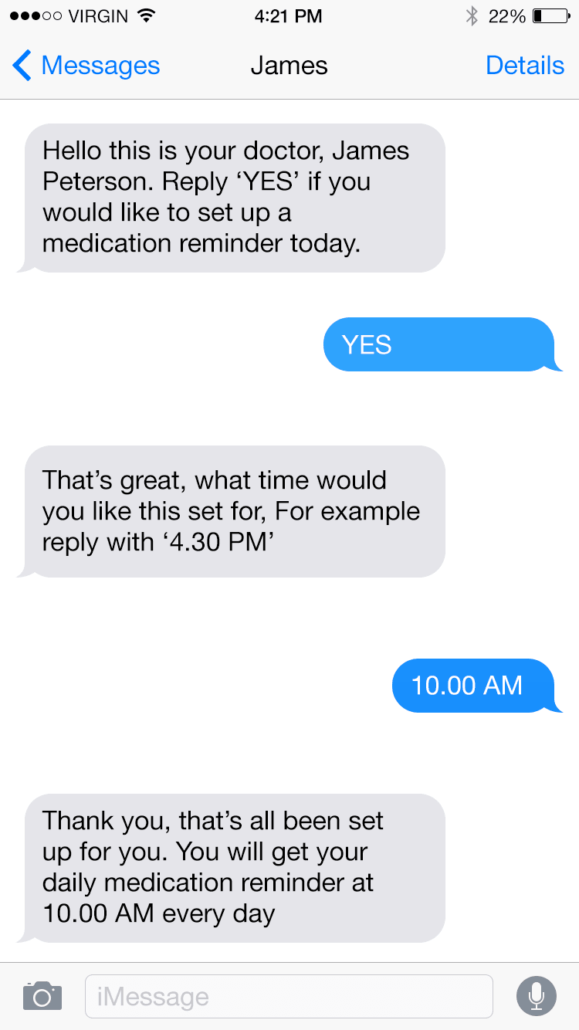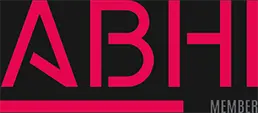 Medication non adherence is a significant problem, it always has been and it will continue to be so with an estimated cost to the NHS of £600m* a year! So what can be done to improve patient outcomes? Changing patient behaviour is key to this and there have been a number of clinically led studies conducted that demonstrate that apps can help to improve compliance. But, when looking at patient engagement, perhaps there is another solution where a person-centric approach is more likely to improve the odds of success. A successful engagement programme needs healthcare providers to be able to reach their patients in familiar and effective ways and by doing this, patients are encouraged to take an active role in their treatment which will in turn lead to better healthcare outcomes.
Medication non adherence is a significant problem, it always has been and it will continue to be so with an estimated cost to the NHS of £600m* a year! So what can be done to improve patient outcomes? Changing patient behaviour is key to this and there have been a number of clinically led studies conducted that demonstrate that apps can help to improve compliance. But, when looking at patient engagement, perhaps there is another solution where a person-centric approach is more likely to improve the odds of success. A successful engagement programme needs healthcare providers to be able to reach their patients in familiar and effective ways and by doing this, patients are encouraged to take an active role in their treatment which will in turn lead to better healthcare outcomes.
This is where I think text messaging could be the answer.
It’s a cost effective way of providing a more personalised experience with a greater reach than just smartphone users. Last year over 145 billion* text messages were sent and despite the rise of instant messaging platforms among younger users, text messages remain device agnostic and one of the easiest ways reach anyone with a mobile phone.
The Personal Touch
Your health is a private matter and the more personalised the experience, the more likely patients are to respond and take an active role in managing their own treatment. Medication reminders, exercise reminders, appointment booking, pre-op instructions, post op advise can all be communicated ‘one-on-one’ and doing this on a personal level, knowing that a real person is supporting them, can be a real motivator to empowering them to make the necessary changes.
A GSMA study in 2012 showed that 54% of consumers wanted to improve their healthcare using their mobiles in more personalised ways, taking more control in their treatment.
Reach
In order for any patient engagement programme to be successful the number of patients you are able to reach is very important. Patients comes from a variety of backgrounds and demographics with a range of communication preferences. Combined with the fact that it’s not always possible to be connected to the internet, text messaging offers the lowest common denominator and most reliable way of contacting patients. Text messaging also is the quickest way to reach the most people. The average text message is read within the first 90 seconds, whereas the average email is opened within the first 90 minutes*.
Security
Clearly security and compliance are also considerations for any healthcare system that communicates patient information. The text messages can be stored securely inline with HIPAA compliance but because security depends on the cooperation of all parties involved in the transmission process there are bound to be challenges. However if the tool is used correctly, with guidelines in place to support patients with their treatment plans and not for discussing medical issues, many of these security concerns are negated.
Conclusion
There is no doubt that apps and smartphones will make communication easier, reduce costs and improve efficiencies throughout the NHS. But let’s not just assume that apps are the answer before considering all the technologies available to us and the way in which patients use them. Familiarity, reach and simplicity can play a big role in the success of an initiative like this and, used in the correct way, could see tangible benefits in terms of outcomes and cost savings.




